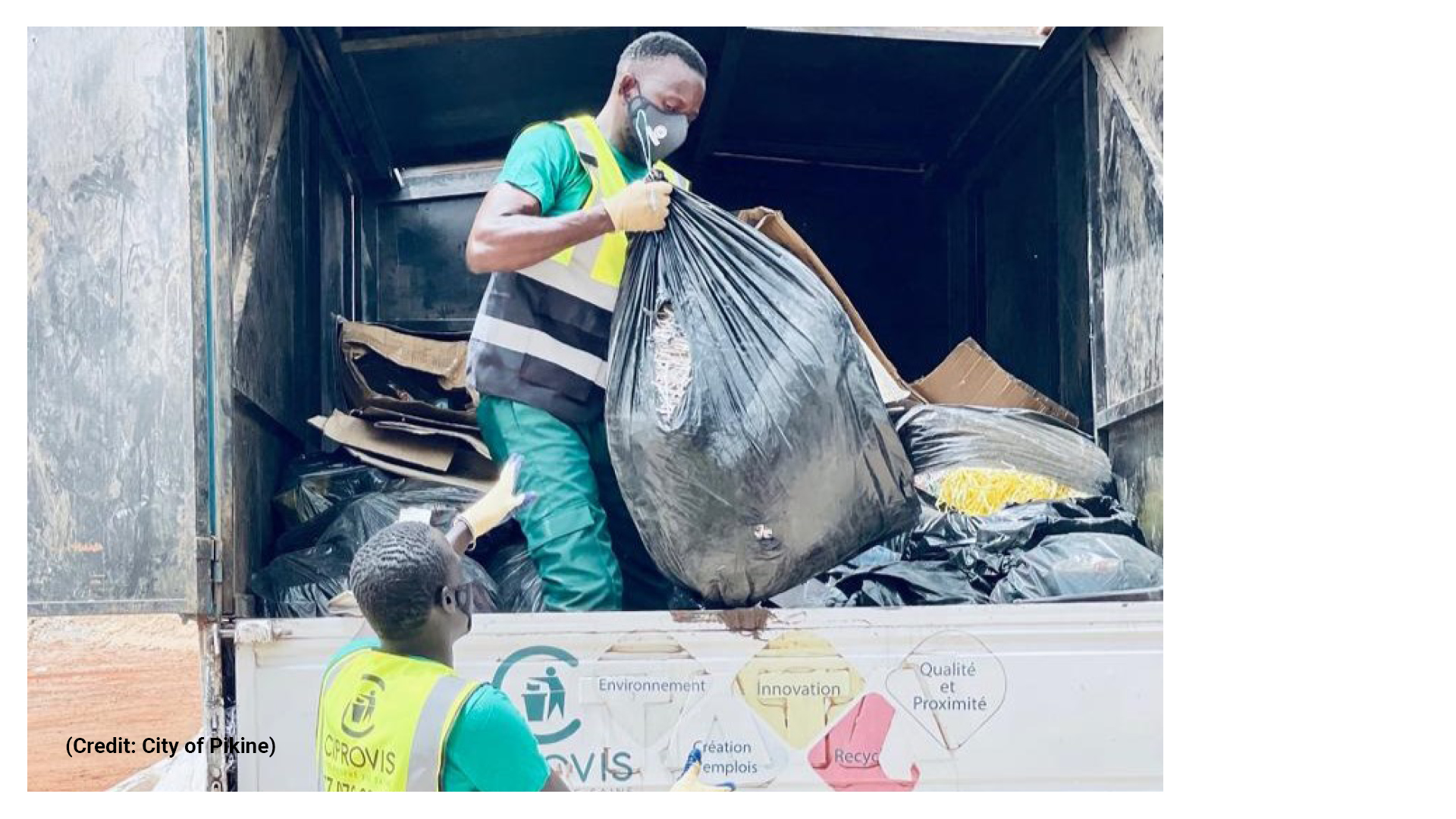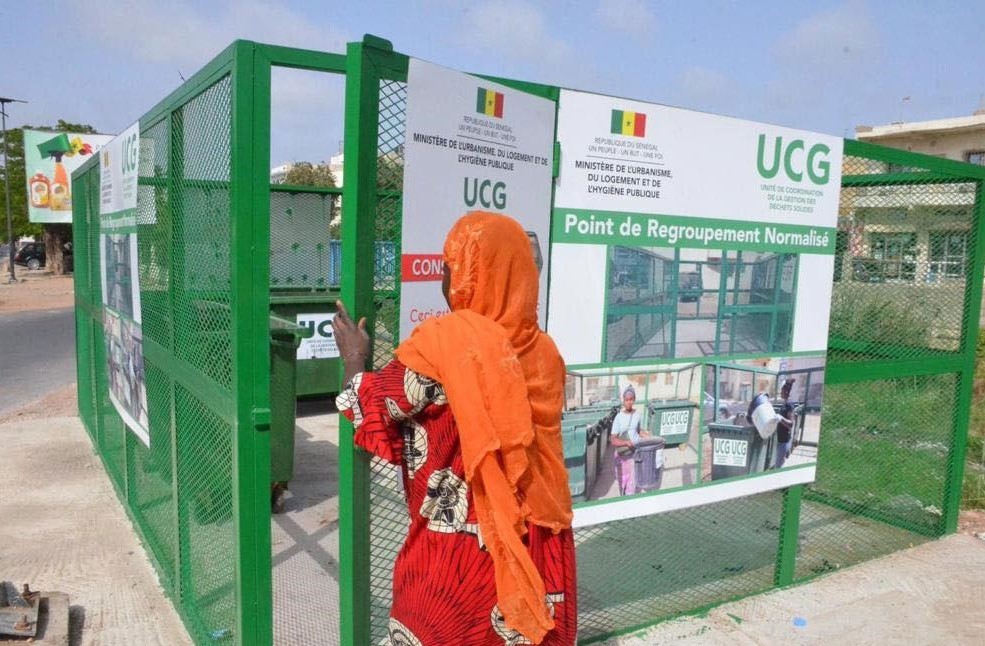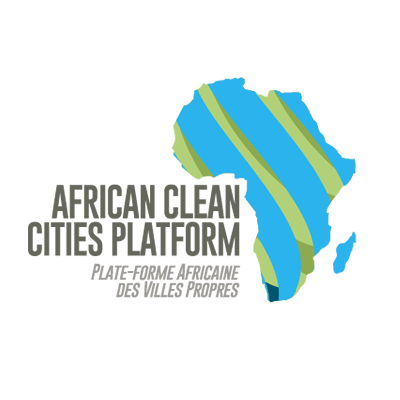Innovative Waste Management in Pikine: Progress, Challenges, and Future Directions

Focal Point Information
Focal Point Name: El Hadji Gueye
Designation: Director of Planning and Transferred skills
Organization: City of Pikine
City: Pikine
Country: Senegal

1. What are the good practices you want to share with the ACCP fellows?
Since 2011, Senegal has adopted a new approach to waste management in its various communities. A Solid Waste Management Coordination Unit (UGC/SONAGED), attached to the Ministry of Local Governance, Development and Spatial Planning, was created following the merger of the Agence pour la propreté du Sénégal (APROSEN) and the Entente Cadak-Car. UGC/SONAGED is responsible for supporting local authorities in their solid waste management responsibilities. Their actions are aimed at improving the living environment, through the installation of standard infrastructures, the management of waste sweeping, collection and transport, and social mobilization. UGC/SONAGED is also responsible not only for drawing up the national waste management strategy, but also for building the capacity of local authorities through the implementation of projects and programs.
Standardized waste collection points. These initiatives are based on a new way of collecting garbage, through the setting up of standardized grouping points (PNR), which are “enclosures placed all over the main thoroughfares” of the city of Pikine, leading to the gradual eradication of illegal garbage dumps in the city.

This project was initiated by the Government of the Republic of Senegal, which applied for and obtained a loan from the International Development Association (IDA), the Agence Française de Développement (AFD), the Spanish Agency for International Cooperation and the European Investment Bank, to finance the cost of the Project to Promote the Integrated Management and Economy of Solid Waste in Senegal (PROMOGED). This project will strengthen governance in the sector and improve the integrated and sustainable management of household and similar solid waste. Stakeholders include SONAGED/UCG, recycling companies (SMEs), young people involved in waste collection, and technical and financial partners and institutions.
In addition, the Neighborhood Operation Project addresses the problems of sustainable solid and liquid waste management in urban communes. The Flood and Climate Change Management Project has provided feedback and best practices in the field of sanitation, by implementing Opération Quartier Propre (Clean Neighborhood Operation) in local communities. It involved municipal authorities, the hygiene department, the UGC, local partners, neighborhood delegates, CBOs and resource persons.
2. What are the challenges on MSWM your city is facing today?
The challenges
- the mbeubeus landfill (unauthorized dumping)
- public involvement and awareness
- autonomous and sustainable financing of the solid and liquid sanitation sector;
- systematizing selective sorting, recycling and recovery and/or reuse of solid waste;
- organization and formalization of recycling and recovery/reuse of solid waste;
- regulation of recycling, recovery and reuse;
- setting up infrastructures for the management of household and similar solid waste;
- maintenance and renewal of the wastewater network;
- achieving the Millennium Development Goals in terms of access to sanitation;
- development of green employment and the green circular economy.
3. Share your message to other members as a member of the same ACCP.
Sharing experiences and best practices inspires us a great deal, especially as it enables rapid transfer of knowledge and know-how. These exchanges boost the curiosity, creativity and performance of our teams. That's why we encourage and congratulate any member who shares his or her experience with others at ACCP.
